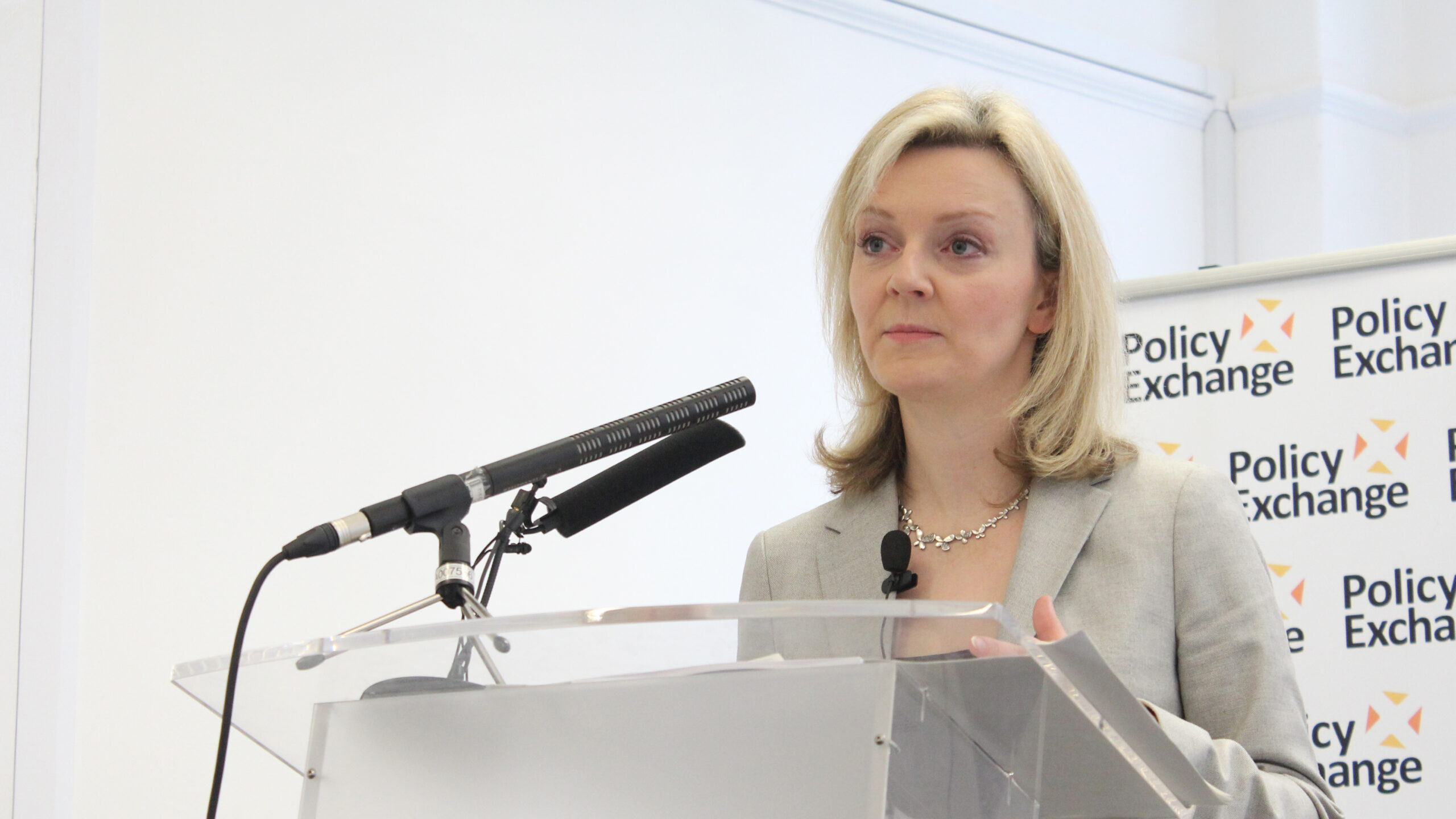A week ago today, Rishi Sunak entered No. 10, marking an end to Liz Truss’s tenure as prime minister. Truss’s time in office, just a mere 45 days, will likely not be looked upon fondly, both for its brevity and for her seemingly endless series of missteps.
Her resignation came after weeks of turmoil in British politics, beginning with the exit of former prime minister Boris Johnson on 5 September. Truss secured the top job at the helm of the Tory party after a contentious leadership battle with Sunak, then known simply as the former Chancellor. And following the official period of mourning for the late Queen Elizabeth, Truss and her cabinet of allies finally got down to business.
The Truss administration was a disaster from the get go. Truss’s first act as prime minister was to have her chancellor, Kwasi Kwarteng, announce a ‘mini-Budget’ aimed at addressing the stagflation plaguing the British economy. Instead, the pound tanked and government bond yields soared with Kwarteng’s release of the mini-Budget. The mini-Budget featured tax cuts for the wealthy, the abolition of the bankers’ bonus cap, the cancellation of a planned increase in National Insurance, and other unexpected measures. With Thatcher-style austerity as its central focus, the mini-Budget drew the ire of a British public pleading for increased government support in the face of a devastating cost of living crisis.
The weeks that followed proved even worse for Truss. After numerous U-turns on economic policy, Truss oversaw the sacking of Kwarteng as Chancellor, the resignation of several high level government officials, and record low approval ratings. Under this immense pressure, Truss finally announced her resignation, declaring in an 89 second speech that she had realised ‘I cannot deliver the mandate on which I was elected by the Conservative Party.’
Given the political chaos of the past few weeks and the high turnover in government officials, it would be easy to assume that democracy in the UK shows signs of strain.
Instead, the prime minister’s resignation should reassure us that, amid political chaos, the safeguards of British parliamentary democracy will kick in. Without popular support, the democratic legitimacy needed to govern was lost and Truss’s continued tenure became untenable.
Joe Ward and I wrote for the Oxford Political Review just a few months ago analysing Johnson’s resignation. There, we argued that his disloyalty to Tory MPs, not the public, ultimately resulted in his downfall. While in Johnson’s case, public displeasure due to Partygate had not yet reached a boiling point justifying an immediate expulsion from office (although it had been hurtling towards that direction), his disrespect towards his own Tory MPs through the Chris Pincher scandal was what guaranteed his prompt ousting.
With Truss, in contrast, her resignation was no doubt driven primarily by widespread public disapproval rather than mainly by an internal party dispute. No doubt MPs as well added pressure to Truss to resign. However, this pressure ultimately stemmed from the public. When MPs became fearful enough by the prospects of losing their ridings to a Labour Party landslide, they caved by aligning with the public opinion of their constituents against Truss.
Truss also drew more public backlash compared to Johnson because her failures were on policy, not on personal mistakes of character and judgement. Johnson largely followed the path of the mandate he was elected to deliver—mainly his promise to ‘Get Brexit Done’ (albeit, messily).
Truss, on the other hand, was a prime minister untested in a general election who attempted to push through a radically different agenda than what the Tories had been elected to accomplish by the public. Public concerns were not centred on her actions in her private life, but over Truss’s ability to address the staggering costs of utility bills, rising prices of food and other essentials, and a weakened pound.
The strength of British democracy partially derives from one of its key features: its parliamentary system. This constant need for accountability is fundamental to Westminster parliamentary democracy, a British invention.
It’s crucial to recall that prime ministers are not directly elected by the citizenry. This contrasts with presidential systems like the United States or semi-presidential ones like France where citizens directly cast ballots to elect a head of government. Under parliamentary systems, legitimacy therefore flows from the MPs and the party—not the prime minister. To remain credible, prime ministers, in normal times, must abide by the party’s general mandate if not wanting to risk a drop in public support. While this is true of presidential systems as well to a lesser degree, prime ministers cannot claim the same independent credibility to break with the party line in the same way that presidents can, who enjoy full democratic legitimacy in the eyes of the citizenry.
Unlike in presidential systems where the public is stuck with a head of government for a fixed term, we should also commend the UK’s parliamentary system for its flexibility and ability to enforce accountability to the people. When faced with leaders who make such grave mistakes that are unforgivable by the public, the UK is able to evict them from office. There are many examples to demonstrate why this flexibility is highly desirable. For instance, just look to the United States, where the country had to contend with Donald Trump as president for his full term.
Sure, the possibility of a roundabout of new leaders does introduce instability—which, of course, is not conducive for democratic governance. However, when faced with a trade off between accountability and stability, accountability to the people should be paramount for any true democratic country.
While it’s easy to slip into pessimism about the state of UK democracy, the swift removal of Truss as soon as she departed from the public’s favour should instead provide reassurance. British democracy is alive and well, contrary to first impressions.

